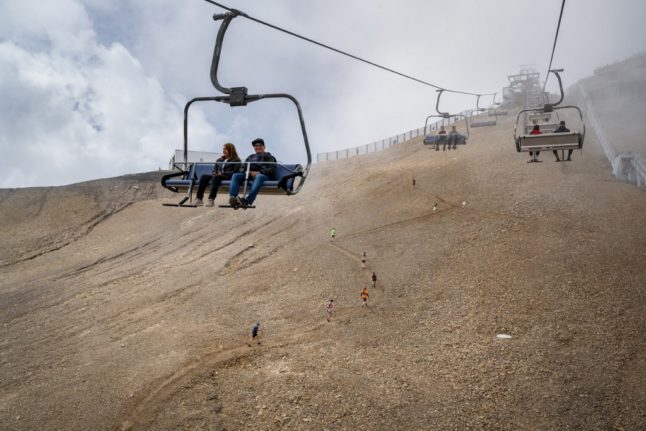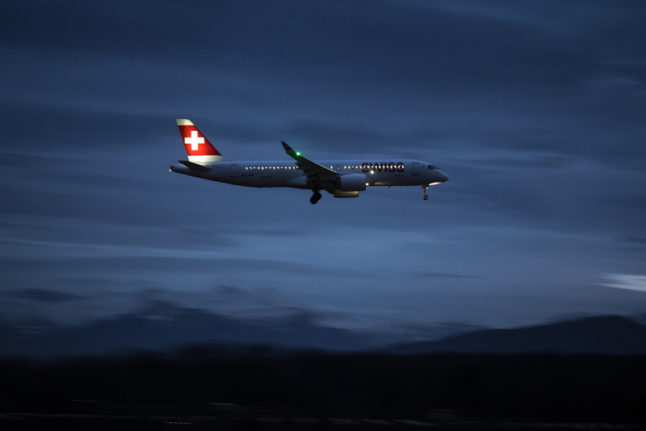A technical issue was detected around 11:00 am involving a cable car up to the popular Glacier 3000 ski resort in the Les Diablerets mountain
massif in southwestern Switzerland, the station chief said.
“There was an electrical failure in the engine system in the second (cable car) section up to the top,” Glacier 3000 chief executive Bernhard Tschannen told AFP.
“It was not a big deal. No one was harmed,” he said.
He explained that the cable car was equipped with a special engine for such occasions, making it possible to evacuate the tourists onboard.
Initially, the tourists at the top station, located at an altitude of 2,971 metres, were asked to just wait and enjoy the spectacular views while the technical staff attempted to fix the problem.
“The weather was beautiful,” Tschannen said, adding that people had been provided drinks and food at the mountaintop restaurant while they waited.
But shortly before 1:00 pm, it was decided to evacuate the station, he said.
Around 270 people, most of them tourists, were taken by chairlift down to the glacier below, where they were picked up by helicopter.
Two helicopters were used for the operation, flying people to the middle station, where they could catch the still-functioning chairlift on the first
section back down to Col Du Pillon, at 1,546 metres above sea level.
Tschannen said the evacuation took less than two hours. Some technical staff members had remained at the top to continue working to fix the problem.
“We hope that tomorrow everything will be working again and we can open as normal, but that needs to be confirmed,” he said.



 Please whitelist us to continue reading.
Please whitelist us to continue reading.
Member comments